New Ukrainian Prime Minister Yulia Svyrydenko attends a meeting of the Ukrainian parliament on July 17.
Yulia Svyrydenko: From Chernihiv civil servant to Ukraine's first female prime minister
Immediately after being approved by the Parliament as Prime Minister, Ms. Yulia Svyrydenko announced that the new government will prioritize a strategy of comprehensive autonomy for Ukraine, not only in the military but also in the economic and social fields.
“War does not allow us to delay. We need to act quickly and decisively. In the next six months, we will focus on equipping the army with high-quality weapons, expanding domestic defense production capacity, and upgrading defense technology infrastructure,” she wrote on Facebook.
Ms. Yulia Svyrydenko pledged that the Government of Ukraine will strongly support the Ukrainian business community, promote institutional reforms: remove outdated legal barriers, end illegal administrative interference, accelerate large-scale privatization and expand effective support mechanisms. The goal is to effectively promote the “Made in Ukraine” policy.
Born on December 25, 1985 in Chernihiv to a family of civil servants, Ms. Svyrydenko began her public administration career at the Chernihiv Regional State Administration. From an advisor role, she gradually rose to the position of Director of the Department of Economic Development, and in 2018 she became Acting Chairwoman of the Chernihiv Regional State Administration - the highest administrative position in the region.
In 2019, under the government of Prime Minister Oleksiy Honcharuk, she was appointed Deputy Minister of Economic Development, Trade and Agriculture. Less than a year later, she was transferred to the President's Office as Deputy Chief of Staff - a strategic position in the power apparatus.
In November 2021, she became First Deputy Prime Minister and Minister of Economy of Ukraine. In this position, Ms. Svyrydenko played a central role in economic reform programs, especially efforts to attract foreign investment in strategic sectors such as energy and mining. In May 2025, she was the representative of the Ukrainian Government to sign a mineral cooperation agreement with the United States - a step considered to be of strategic significance in the context of increasing geopolitical competition.
Prime Minister Svyrydenko's new government: Restructuring the apparatus, preparing for the autonomous period
The first highlight of the new government is the combination of continuity and innovation. Mykhailo Fedorov, a leading figure in Ukraine’s digital transformation, was appointed First Deputy Prime Minister, while also continuing his role as Minister of Digital Transformation. Fedorov’s promotion reflects the new government’s continued faith in digital technology as a pillar of modern national governance and defense.
Oleksiy Kuleba, a politician with experience coordinating regional governments, will serve as Deputy Prime Minister, while Taras Kachka, a former Trade Representative of Ukraine, will take on the role of Deputy Prime Minister for European and Euro-Atlantic Integration, a strategic position as Ukraine continues its EU accession talks and strengthens ties with NATO.
Notably, Mr. Herman Galushchenko, formerly Minister of Energy, now moves to lead the Ministry of Justice, while Ms. Svitlana Grinchuk, formerly in charge of the Ministry of Environment and Natural Resources, takes over the position of Minister of Energy. This transfer shows the effort to rotate experienced personnel to highly relevant fields, especially when the energy sector is the focus of both national security and international integration.
One of the notable points in this reform is the merger and streamlining of ministries, reducing the number but increasing inter-sectoral coordination. The Ministry of Defense merged with the Ministry of Strategic Industries, showing the goal of increasing domestic defense production, aiming to achieve self-sufficiency in weapons as President Volodymyr Zelensky has pledged. The Ministry of Social Policy and the Ministry of National Unity merged into an integrated ministry of national security and integration, headed by Denis Ulyutin - who was the former Deputy Minister of Social Policy.
A new “super ministry” called the Ministry of Economy, Environment and Agriculture has been created, headed by Oleksiy Sobolev, a former Deputy Minister of Economy. This is a move that shows the government’s priority of integrating economic policy, sustainable development and food security into a unified whole.
A series of other ministerial positions were kept intact, creating stability in areas that already had continuity, such as Igor Klimenko (Minister of Internal Affairs); Viktor Lyashko (Minister of Health); Sergey Marchenko (Minister of Finance); Andry Sybiga (Minister of Foreign Affairs); Matvii Bidnyi (Minister of Youth and Sports)...
Observers say that Ms. Svyrydenko’s new government clearly reflects a technocratic apparatus, with faces with deep professional backgrounds, who have held specific executive management roles. The highlight is the connection between institutional reform and the need to respond quickly to wartime challenges. The merger of ministries not only saves resources but also forces cross-sectoral policies to operate more effectively. However, this also places high demands on coordination capacity and avoids overlapping powers.
Stable, technocratic government
The reshuffle of the cabinet by new Prime Minister Yulia Svyrydenko is not simply a personnel change, but a tactical move to consolidate the effectiveness of the administration in the context of Ukraine continuing to face war, financial pressure and the need for deep reform. Political and economic experts agree that, rather than creating a “personnel revolution”, the new cabinet is built around core elements: trust and experience in crisis conditions.
According to political scientist Volodymyr Fesenko, President of the Penta Center for Applied Political Research, this government reshuffle is more tactical and defensive in nature than a comprehensive reform effort. DW quoted Fesenko as saying: “The four people simply swapped positions. Some ministries were merged to streamline the apparatus. This is not a change to create “new values”, but to maintain stability and ensure operational capacity in wartime conditions.”
According to him, the nature of the reform is to ensure continuity in governance, rather than to create a breakthrough change - which is not appropriate in the current situation. Key personnel are mostly those who have held similar positions or have been promoted as deputies. On the other hand, this also reflects the limited reserve staff, especially key staff in Ukraine. "There are not many people willing to take up positions in the government, especially in wartime conditions. It is impossible to take risks with inexperienced faces."
On the economic side, financial and banking expert Serhiy Fursa highly appreciated the quality of the team surrounding Prime Minister Yulia Svyrydenko. He especially emphasized two prominent faces who were promoted, namely Oleksiy Sobolev and Taras Kachka.
Oleksiy Sobolev, head of the “super ministry” of Economy, Environment and Agriculture, could become “the most powerful Minister of Economy in the history of Ukraine”, based on his deep knowledge and specific management experience, according to expert Serhiy Furrsa. He cited successful projects related to ProZorro (a public tender system) and small-scale privatization of state assets that Sobolev had led.
Overall, analysts see Prime Minister Yulia Svyrydenko’s government not as a breakthrough government, but as a government that acts effectively in a crisis. With a focus on maintaining macroeconomic stability, accelerating defense industrialization, and protecting social foundations, the new cabinet operates with a technocratic spirit rather than political slogans.
In times of peace, innovation may be a priority. But in times of war, reliability and efficiency are paramount, and that may be the core spirit of Ukraine’s current leadership model.
Hung Anh (Contributor)
Source: https://baothanhhoa.vn/ukraine-co-chinh-phu-moi-nbsp-uu-tien-chien-luoc-tu-chu-toan-dien-255192.htm


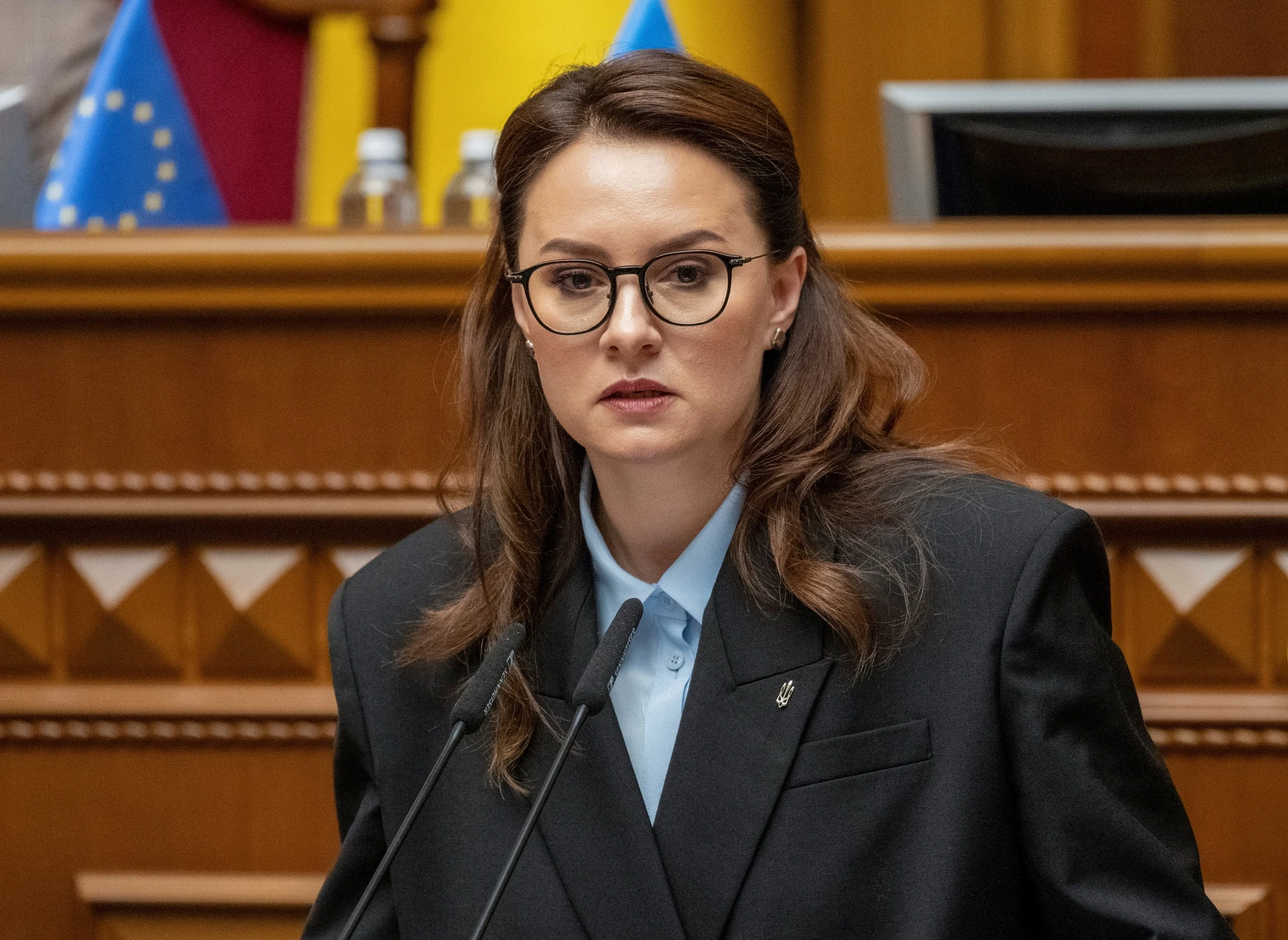
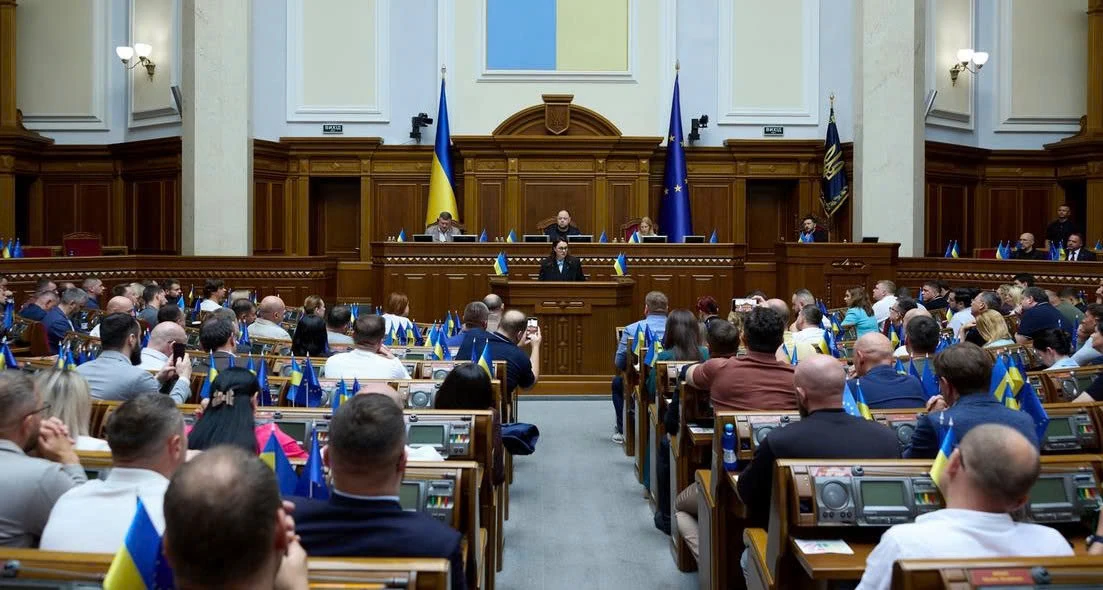
![[Photo] Fall Fair 2025 and impressive records](https://vphoto.vietnam.vn/thumb/1200x675/vietnam/resource/IMAGE/2025/11/03/1762180761230_ndo_br_tk-hcmt-15-jpg.webp)

![[Photo] General Secretary To Lam receives Singaporean Ambassador Jaya Ratnam](https://vphoto.vietnam.vn/thumb/1200x675/vietnam/resource/IMAGE/2025/11/03/1762171461424_a1-bnd-5309-9100-jpg.webp)

![[Photo] Lam Dong: Close-up of illegal lake with broken wall](https://vphoto.vietnam.vn/thumb/1200x675/vietnam/resource/IMAGE/2025/11/03/1762166057849_a5018a8dcbd5478b1ec4-jpg.webp)
![[Photo] Prime Minister Pham Minh Chinh receives the Chairman of the Japan-Vietnam Friendship Association in the Kansai region](https://vphoto.vietnam.vn/thumb/1200x675/vietnam/resource/IMAGE/2025/11/03/1762176259003_ndo_br_dsc-9224-jpg.webp)




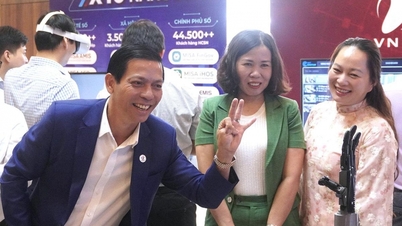



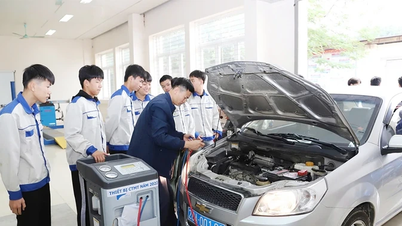




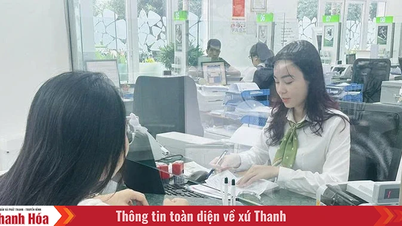




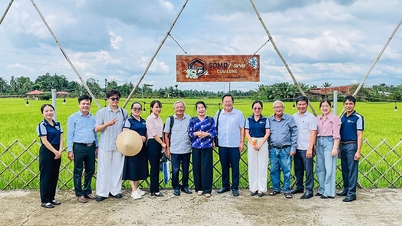





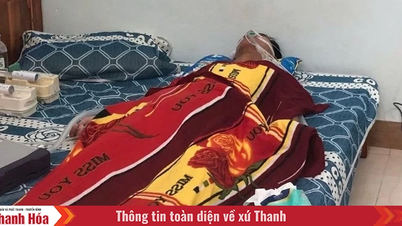
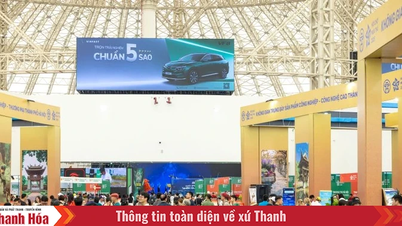

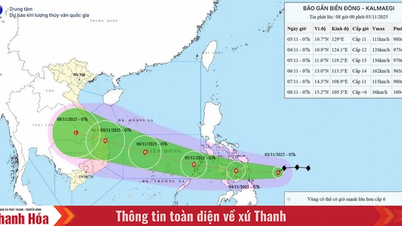









































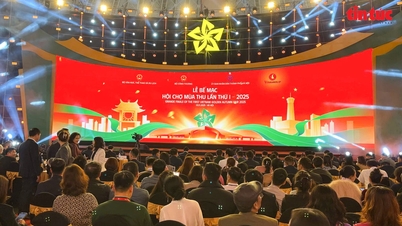


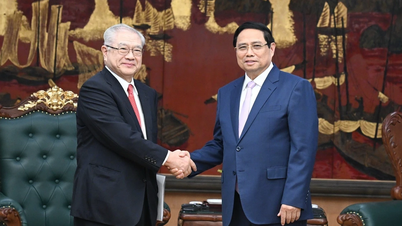
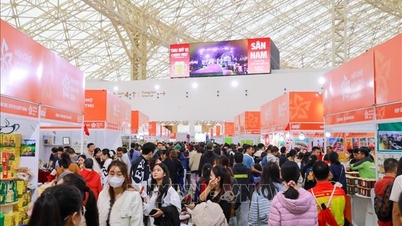
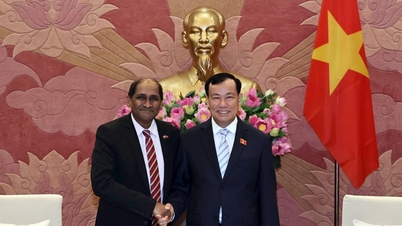

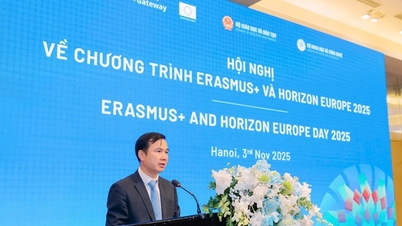

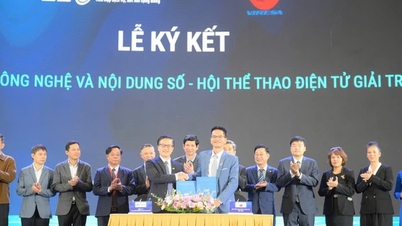

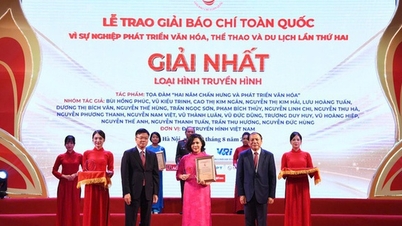


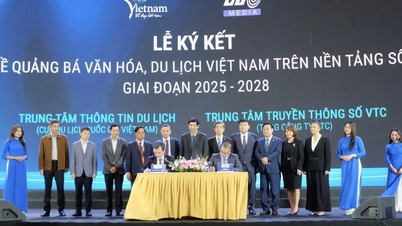
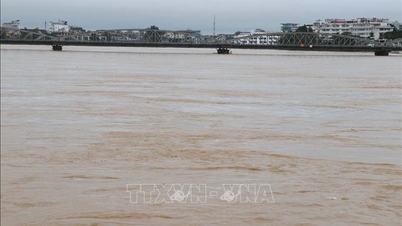



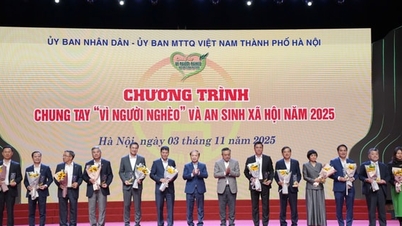

















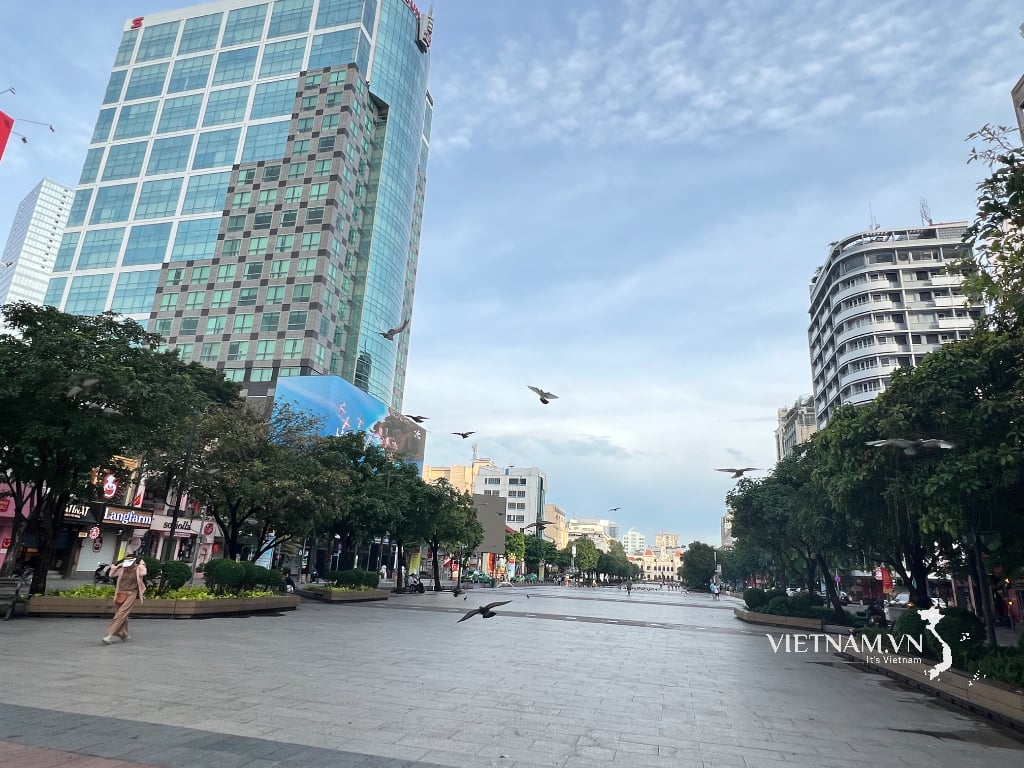
Comment (0)